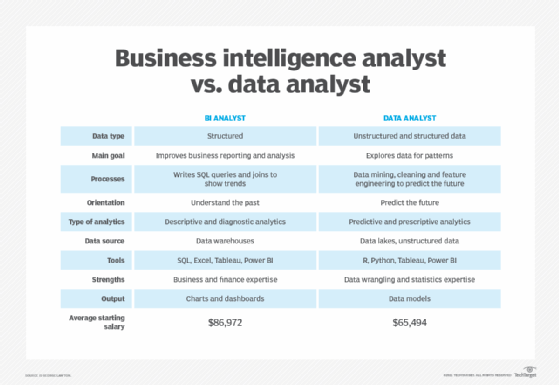
Here is a list of important hard skills for engineers, plus a few soft skills:

Top Skills for a Cybersecurity Engineerīecause engineers handle the design of cybersecurity solutions, they need several hard or technical skills, as well as certifications. Engineers will work with other members of the cybersecurity team to identify these upgrades, based on testing and assessments. They will also continually assist with troubleshooting and finding ways to improve security infrastructure through upgrades. Once they’ve performed their assessments, they design the solutions your organization will use to keep data secure. To do this, they identify threats and vulnerabilities within systems and software through penetration tests and audits. How? By designing, implementing, and troubleshooting cybersecurity architecture and solutions for your network. Also known as a network or information security engineer, they can keep your network safe from a variety of cyberattacks such as hacking, malware, and even insider threats.
#Anylist vs how to
So, let’s look at what separates engineer from analyst and how to hire each for your cybersecurity team! Cybersecurity Engineerįor network defense that is practical, thorough, and tailored to your organization’s needs, you need a cybersecurity engineer.

But their combined efforts are vital in protecting your network. While both engineer and analyst are focused on protecting the network from cyberattacks, their strategy, expertise, and responsibilities can differ. When you’re making a cybersecurity hire, it’s important to know how each role contributes to keeping your data safe.

The best way to prevent your organization from contributing to those costs is to have an effective cybersecurity team. It’s been projected that cybercrimes will cost the world $10.5 trillion per year by 2025.


 0 kommentar(er)
0 kommentar(er)
